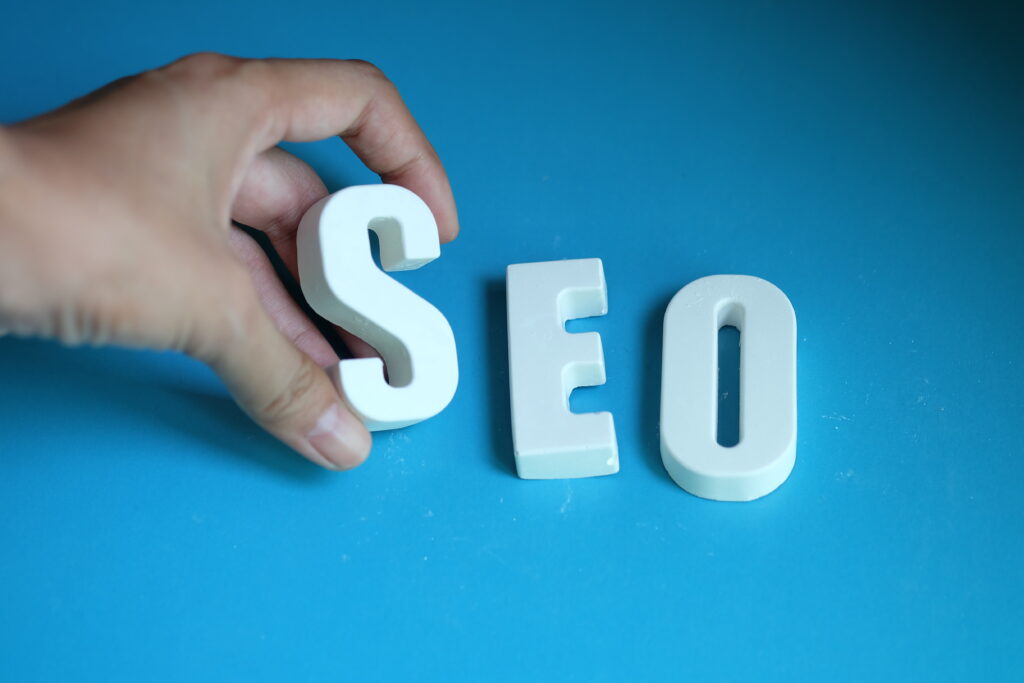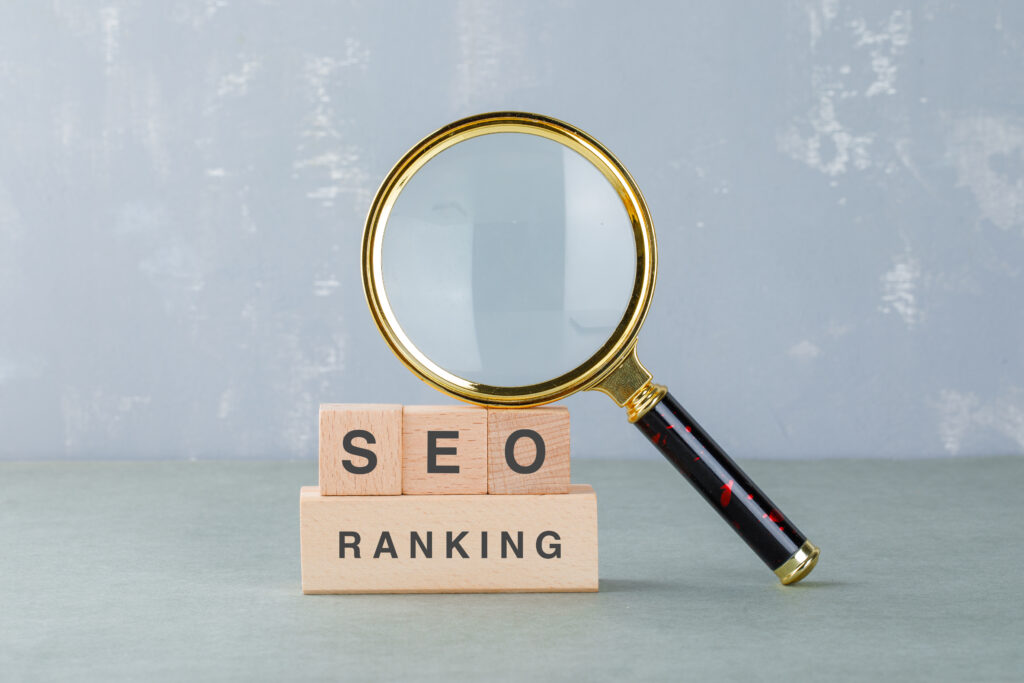In today’s digital age, establishing a strong online presence is crucial for small businesses looking to thrive and expand their customer base. The achievement of this objective depends heavily on search engine optimization. It is the practice of optimizing a website’s content and structure to improve its visibility in search engine results, making it more accessible to potential customers. However, for small businesses with limited resources, the cost of SEO services can be a significant concern. In this article, we will explore the various factors that influence the cost of SEO for small businesses, helping you understand what to expect and how to make the most of your budget. Whether you are a startup, a local business, or an e-commerce venture, understanding the cost of SEO is essential for your online success.
1.Understanding the Importance of SEO for Small Businesses
Before we dive into the costs, let’s understand why it is crucial for small businesses. In a nutshell, it is the process of optimizing your website to rank higher on search engine result pages, like Google. Here are a few compelling reasons why this is essential for small businesses:
- Visibility: It helps your website appear in the top search results, increasing your online visibility.
- Credibility: Higher rankings often equate to greater trust among potential customers.
- Traffic: It can drive organic, targeted traffic to your website, increasing your chances of converting visitors into customers.
- Cost-effective: Compared to traditional advertising, it can be more cost-effective, especially for small businesses.
2.Factors Influencing SEO Costs
The cost of Search engine optimization for small businesses can vary widely based on several key factors:
- Keyword Research: Keywords are the foundation of Search engine optimization. Extensive keyword research is necessary to identify the most relevant and valuable keywords for your business. The complexity of this research can impact the overall cost.
- On-page SEO: On-page SEO involves optimizing your website’s individual pages. This includes optimizing content, using Meta tags, and improving the overall user experience. The more pages your website has, the more work is involved, which can affect the cost.
- Off-Page SEO: Off-page SEO focuses on activities outside your website, such as link building and social media marketing. The competitiveness of your industry and the number of backlinks required can influence costs.
- Competition : A major factor is the degree of competition in your niche. Highly competitive sectors might need more resources in order to get the necessary results, which would raise the price.
3.Cost structures in SEO
When it comes to pricing, SEO services can be structured in various ways:
- Monthly Retainer: Many agencies offer monthly retainer services. With this structure, you pay a fixed fee each month for ongoing SEO support. This is a popular choice for small businesses as it provides predictability.
- Project-Based Pricing: For specific, one-time SEO projects, agencies may offer project-based pricing. This is suitable for businesses with well-defined, short-term goals.
- Hourly Rates: Some freelancers and agencies charge hourly rates. This is less common, but it can be a flexible option for businesses with varying SEO needs.

4.Typical SEO Costs for Small Businesses
While SEO costs can vary significantly, here’s a general guideline for small businesses:
- Monthly Retainer: Small businesses may pay anywhere from $500 to $5,000 per month, depending on the level of service required.
- Project-Based Pricing: For specific projects, the cost can range from $1,000 to $10,000 or more, depending on complexity.
- Hourly Rates: Freelancers might charge between $50 and $150 per hour, while agencies’ rates can vary from $75 to $300 per hour.
Keep in mind that these figures are general estimates. The actual cost for your small business will depend on the factors mentioned earlier.
5. The ROI of SEO for Small Businesses
Investing in Search engine optimization can yield substantial returns for small businesses. Here are a few ways in which it can provide a solid ROI:
- Increased Traffic: Higher rankings lead to more organic traffic, which can result in increased sales and leads.
- Long-Term Benefits: Unlike paid advertising, the benefits of SEO are long-term, helping you maintain a consistent online presence.
- Targeted Audience: It helps you reach a highly targeted audience, increasing the chances of conversions.
- Cost-Efficiency: Compared to many other marketing strategies, the cost per acquisition through SEO is often lower.
- Competitive Advantage: Ranking well in search results can give your small business a competitive edge.
Conclusion
Investing in SEO is a critical step for small businesses looking to establish a robust online presence and compete effectively in the digital landscape. The cost of Search engine optimization for small businesses can vary based on multiple factors, but the potential for substantial returns makes it a worthwhile investment. Small businesses should carefully consider their budget, objectives, and the competitiveness of their niche when determining their SEO strategy. In the long run, a well-executed Search engine optimization strategy can be a game-changer, helping your business thrive in the digital age.
for further detailshttps://bluedigitalpixel.com/,
FAQs
Are there any ongoing costs in SEO?
Yes, ongoing SEO is essential to maintaining and improving rankings, so monthly fees are common.
How can I measure the success of my SEO campaign?
Success can be measured through increased organic traffic, higher rankings, and improved conversion rates.
Can SEO be too expensive for small businesses?
It’s costs vary, and it’s possible to find affordable services that provide a positive ROI for small businesses.
for more informative blogs, https://sensiblelead.pk/

